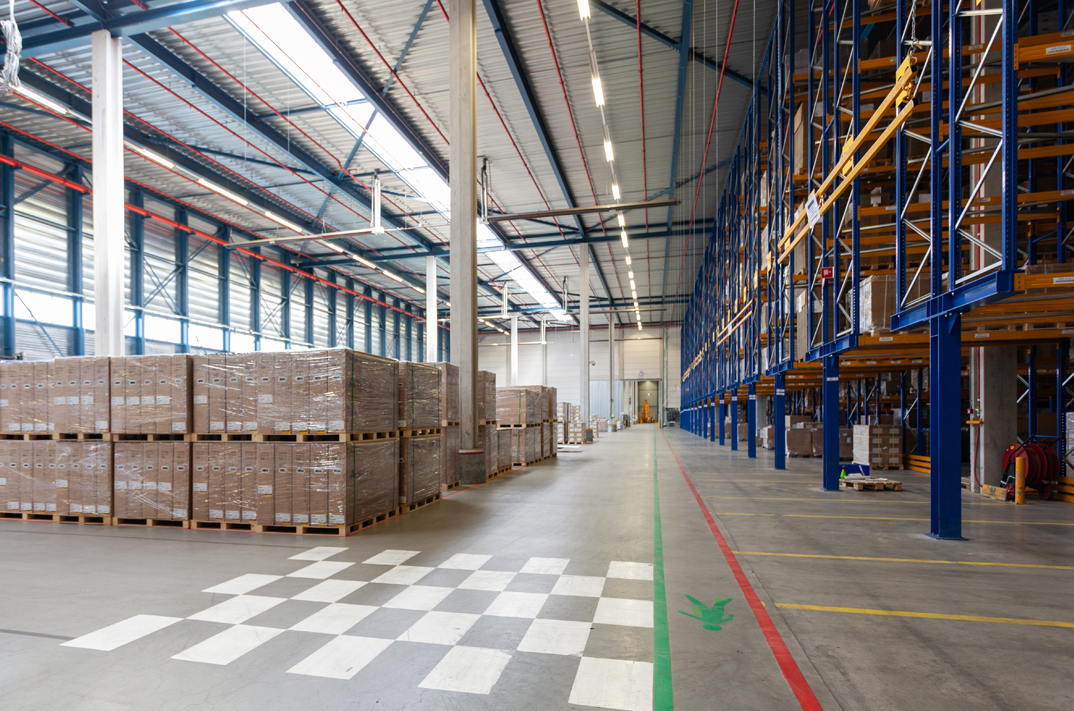Warehousing and distribution are integral parts of the supply chain process.
Warehousing involves the storage of goods in a facility, often referred to as a warehouse, before they are shipped to customers or retailers. Warehouses serve as intermediate locations where products are stored, sorted, and organized. They play a crucial role in inventory management, ensuring that products are available when needed and facilitating the smooth flow of goods through the supply chain.
Distribution, on the other hand, involves the movement of goods from the warehouse to their final destination, which could be a retail store, a customer’s doorstep, or another distribution center. Distribution encompasses activities such as order processing, picking, packing, and transportation.
Efficient warehousing and distribution operations are essential for businesses to meet customer demand, minimize costs, and optimize inventory levels. Advanced technologies such as warehouse management systems (WMS), automated storage and retrieval systems (AS/RS), and transportation management systems (TMS) are often employed to streamline processes and improve efficiency in warehousing and distribution. Additionally, strategic location planning of warehouses and distribution centers helps reduce transportation costs and shorten delivery times.









